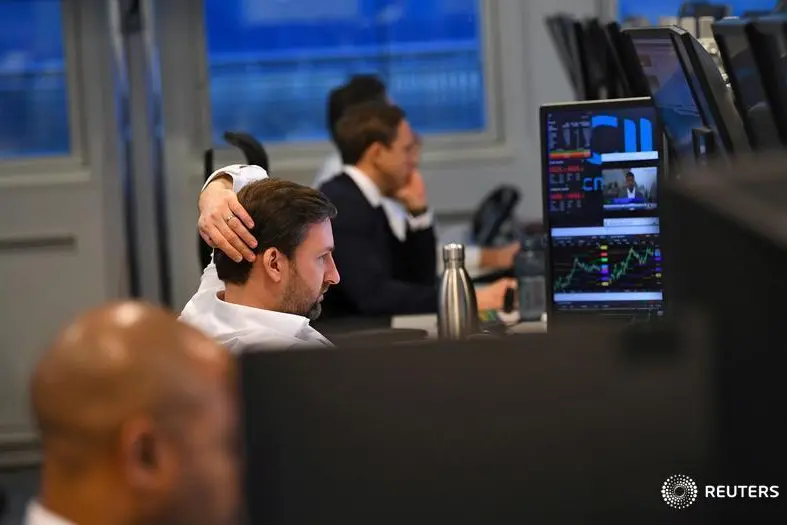PHOTO
LONDON - Collateral damage occurs when non-military targets are hit in a bombardment. Hargreaves Lansdown bears the scars of just such an attack. Shares in the UK-based fund supermarket, which oversees 90 billion pounds, have been caught in the crossfire of investor Neil Woodford’s fund blowup. The risk is that Woodford has also detonated Hargreaves’ high-charging business model.
On Monday, it was announced that the UK’s best-known fund manager had frozen redemptions at his flagship Equity Income Fund. By Wednesday Hargreaves, which runs a website that helps savers invest in funds and shares, had lost around 1.3 billion pounds of its market capitalisation, or around 12%. At first glance, that looks odd. Woodford’s funds account for around 7% of the money that Hargreaves manages directly for clients, which are less than 10% of its total assets.
The reputational wound is harder to gauge. As well as managing funds directly, Hargreaves makes most of its money by charging customers for keeping assets on its platform, while helping them by recommending other managers’ funds. Its 40% share of the consumer platform market, according to Deutsche Bank, allows it to secure cheap rates from managers.
The risk is that clients doubt the value of Hargreaves’ advice, and fund managers stop offering cheap rates. Woodford was a long-time favourite of Hargreaves’ Wealth 50 list of top funds, and stayed there even after years of underperformance and outflows, right until after his Equity Income Fund suspended trading.
One sop would be to cut prices. Hargreaves levies a standard annual charge of 45 basis points on fund investments up to 250 thousand pounds made through its online platform versus 25 basis points at competitor AJ Bell. If it cut revenue margins on its funds business to, say, 25 basis points, then overall revenue in 2020 might fall by a fifth to 432 million pounds, according to Breakingviews estimates. If operating costs stayed the same, then its pre-tax profit would be 239 million pounds, a 31% cut to analysts’ forecasts, according to Refinitiv.
Even after their slide, Hargreaves Lansdown shares are still priced at a meaty 32 times forecast 2020 earnings. That probably reflects analysts’ hope it can keep growing its assets under management by around 10% a year. Blasting its high margins may be the cost of hanging onto that business.
CONTEXT NEWS
- Hargreaves Lansdown, the UK-based fund provider, said on June 5 it will waive its platform fee for clients trapped inside a suspended fund it had heavily promoted.
- On June 3 the flagship equity fund run by investor Neil Woodford suspended redemptions after heavy client outflows. Hargreaves, an early backer of Woodford, called on the fund manager to also waive his management fees while dealing was frozen.
- Separately, on June 5 Britain's top financial markets regulator, the Financial Conduct Authority, said it was monitoring the situation at the gated fund and will get involved if necessary.
- Hargreaves’ shares have declined by 12% since June 3, when Woodford’s fund was suspended. The shares on June 6 were down 1.49% to 19.51 pounds at 0826 GMT.
(Editing by Neil Unmack and Bob Cervi)
© Reuters News 2019





















